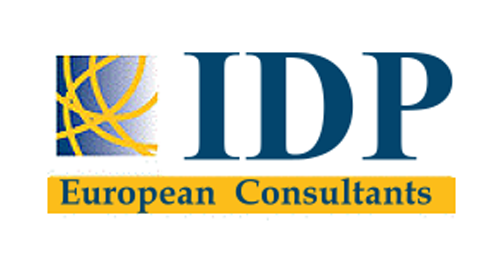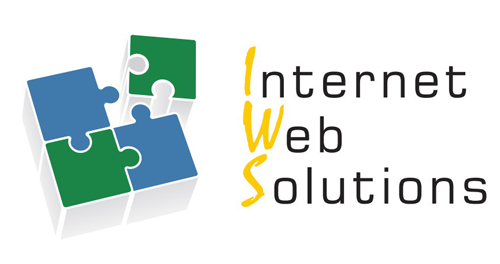|
Teaser
“Did you know that 90% of the most successful people have a high Emotional Quatient (EQ)? Did you know that only one-fifth of European companies find secret to combining optimal workplace wellbeing and business performance?”
Video
| ||||||||||||||||||||||||||||||||||||||||||||||
|
Introduction to emotional intelligence and well-being Overview on the concept of emotional intelligenceClick to read
 Emotional intelligence (EI) is the ability to recognize, understand, and manage our own emotions, as well as the emotions of others. 5 Key components: Source: Goleman, D. (2006) Emotional intelligence: Why it can matter more than IQ
Why is EI important?
Check your Emotional Quotient (EQ) with this free test! Overview on the concept of well beingClick to read
 Well-being is state of being healthy, happy, and prosperous. 4 Key components: Why is well-being important?
How Emotional Intelligence and Well-being are related?Click to read
 Emotional intelligence for entrepreneurs How develop emotional intelligence?Click to read

Recommendations for entrepreneursClick to read

Well-being in enterprise How improve well-being in a business context?Click to read

Recommendations for entrepreneursClick to read

Summing up Summing upClick to read

|
Objectives/goals:
By the end of this module, you will have a comprehensive understanding of the concepts of emotional intelligence and well-being. This includes their definitions and key components, as well as the relationship between these two concepts and how they impact personal and professional success. You will also learn about the importance of emotional intelligence and the steps to take to develop these skills. Additionally, the significance of well-being in the workplace will be emphasized and you will be taught ways to enhance well-being within a company.
Critical thinking
Analytical thinking
Problem-solving
Self-management
Business management
Flexibility
Cooperation
Emotional intelligence
✓ improved relationships with employees, customers, and partners. Emotional intelligence allows individuals to better understand and manage their own emotions and the emotions of others, leading to more effective communication, collaboration, and conflict resolution.
✓ improved employee satisfaction and motivation. When employees feel valued and supported in terms of their well-being, they are more likely to be engaged and motivated in their work, which can lead to increased productivity and overall success for the business.
✓ Improved employee morale and job satisfaction, leading to increased productivity and reduced turnover.
KeywordsEmotional intelligence, well-being, entrepreneurs, business, MSMEs
Bibliography
CEDEFOP. (2020) Workplace practices unlocking employee potential European Company Survey 2019. Available at: https://www.cedefop.europa.eu/en/publications/2228
Daniel, B. (2019) Emotional Intelligence in Business: Improve Emotional Intelligence at Work. Improve Leadership and Develop Your EQ. Unleash the Empath in You and Build Self Confidence . United States: Orion Edition Ltd.
Goleman, D. (2006) Emotional intelligence: Why it can matter more than IQ. New York: Bantam Books.
Hesketh, I. and Cooper, P. (2019) Wellbeing at work how to design, implement and evaluate an effective strategy. London: Kogan Page Ltd.
Safeer, R. (2023) A cure for the common company: A well-being prescription for a happier, healthier, and more resilient workforce. Hoboken, NJ: Wiley.
Emotional intelligence is the ability to recognize, understand, and manage our own emotions, as well as the emotions of others.
Well-being is state of being healthy, happy, and prosperous.
Self-awareness is the ability to recognize and understand one's own emotions, thoughts, and behaviors, and how they impact oneself and others.
Self-regulation refers to the ability to control one's thoughts, emotions, and behaviors in order to achieve personal goals, conform to social norms, and maintain overall well-being.
Empathy is the ability to understand and share the feelings of others. It involves recognizing, comprehending, and responding to the emotions of others, which can lead to better relationships, improved communication, and greater compassion.
Related training material
 Play Audio
Play Audio 




 Case studies:
Case studies:










